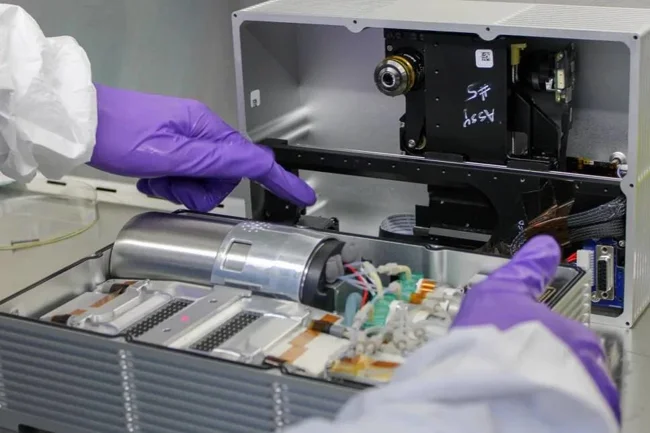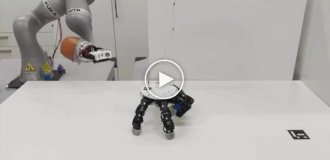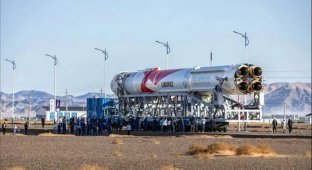Anyway, I'm here with some sad news. I don't know about you, but I still believe that in about ten years, humanity will begin actively traveling into space. But there's still a lot that stands between us and that, and then there's these scientists with their research. 
Imagine: you're in space, flying like a superhero, and meanwhile, your body is aging faster than on Earth. This isn't science fiction, it's scientific fact! New research has shown that stem cells—our internal repairmen—lose their strength in zero gravity and accelerate aging. A trip to Mars could become an even riskier adventure.
Scientists conducted an experiment during four SpaceX missions to the ISS from 2021 to 2023. They took stem cell samples from bone marrow and placed them in a mini bioreactor the size of a phone. This smart gadget, powered by artificial intelligence, monitored the cells' health. These cells typically lie dormant for 80% of the time, then awaken to develop into nerve, bone, or blood cells. 
The researchers created a device they called a bioreactor and began studying stem cells. Sanford Stem Cell Institute
So, they keep the body in shape, like mechanics in a garage. But in space, everything went wrong: microgravity and radiation forced them to work without rest. The cells became exhausted and began to age.
The funny thing is that under stress, the cells activated the "dark genome"—ancient retroviruses that had been embedded in our DNA for thousands of years. These visitors initiate self-destruction, as if the cells had decided, "That's it, we're done!" 
This explains why astronauts return with weakened bones and immune systems. This is a problem for the long journey to Mars: the body won't have time to recover. Imagine an astronaut arriving on Mars with the face of a respectable man.
Expectation/ Reality
The good news: cells regenerate on Earth within a year. Scientists are looking for ways to solve this problem. Perhaps antioxidants or genes to calm the "dark genome." Future missions like Artemis will take this into account, perhaps adding a "sedative" for the cells. For now, the flights are short, so we only risk losing weight. Guys, we're not rushing to Mars just yet; it's better to train on Earth. And for longer journeys, we'll wait for a breakthrough, so we don't arrive at our destination decrepit.
1 comment
Add your comment
You might be interested in:






























